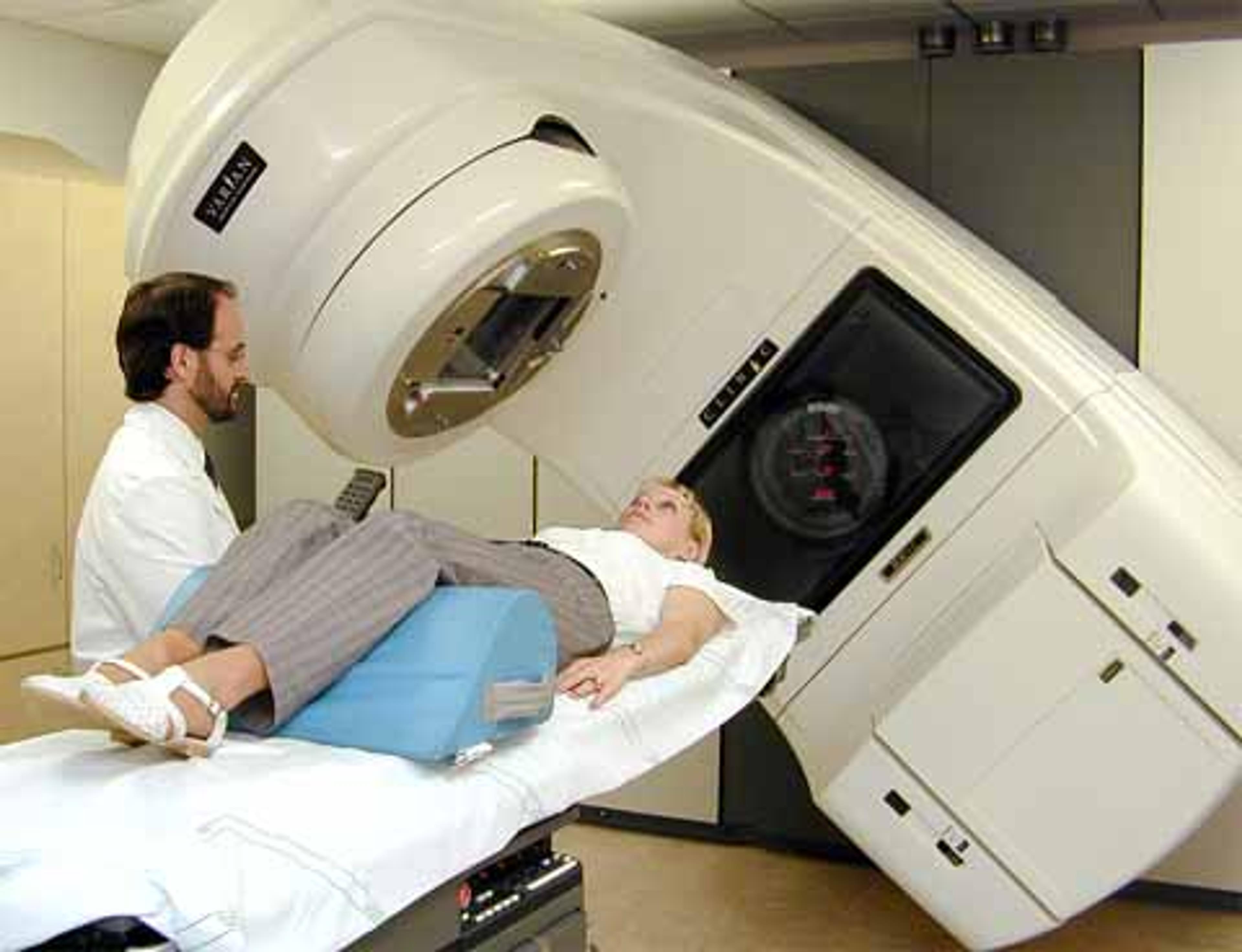Are you genetically predisposed for breast cancer?

Carly Getz
| 3 min read

This blog post is part of #HealthyMe, a personalized web experience based on your health and wellness goals. To sign up today, visit http://www.ahealthiermichigan.org/healthyme
My mom recently told me that we don’t need to worry about breast cancer because we don’t have “the gene.” I’m assuming she was referring to our family’s lack of an inherited gene mutation, usually in the BRCA1 and BRCA2 genes, that is the leading cause of hereditary breast cancer.
However, only five to 10 percent of breast cancer cases are hereditary. So while genetics is a risk factor, not having the mutation certainly does not mean we are risk-free. My mom is not alone in her false assumption. Many women, including myself, have completely inaccurate perceptions surrounding breast cancer risk and prevention.
Have you ever seen a poster or article advertising that one in eight women will get breast cancer? While this is true, this has lead to the widespread misconception that women of every age share this risk. This is not true. A woman’s chance of being diagnosed with breast cancer is about 1 in 2,000 when she’s in her 20s and rises with age[1].
In honor of breast cancer awareness month, I decided to take some time to educate myself on breast cancer risk factors and how I can best protect myself. Aside from being female, age is the strongest risk factor for breast cancer. Other risk factors include:
- Dense breast tissue
- Drinking alcohol
- High-dose radiation to chest or face
- Certain benign breast conditions
- Personal history of breast cancer
- Never having children or having a first child after age 30
- Heavy smoking
- Not breastfeeding
- Genetics
- Long menstrual history
- Began menstruating before 12 years old
- Began menopause after 55 years old
- Birth control
- Family history (primarily first-degree relatives)
- Being overweight or obese
- Physical inactivity
As you can tell from this list, there are risk factors that you can control and there are risk factors that you cannot. You cannot, for example, control your genetics or family history. The best way to prevent breast cancer is to take control of the risk factors related to lifestyle changes:
- Limit alcohol consumption to no more than one drink per day
- Control your weight
- Be physically active
- Breastfeed
- Avoid exposure to radiation unless absolutely necessary
According to the American Institute for Cancer Research, about one third of the most common cancers, including breast cancer, could have been avoided through diet, physical activity, and maintaining a healthy weight alone. Many people will have at least one risk factor but will never get breast cancer. On the flip side, people have been free of risk factors when diagnosed with breast cancer. Regardless, you have nothing to lose by adopting a healthier lifestyle. You could, however, have your life to gain. Don’t be one of the nearly 400,000 cases of cancer diagnosed annually in the US that didn’t have to happen.
Photo Credit: TipsTimes
[1] American Cancer Society Breast Cancer Facts & Figures, 2005-2006.





